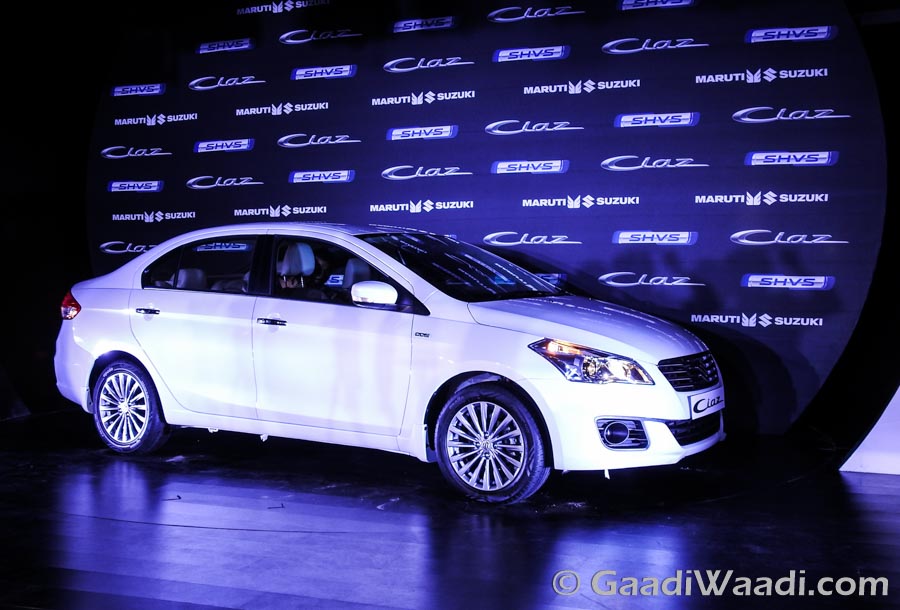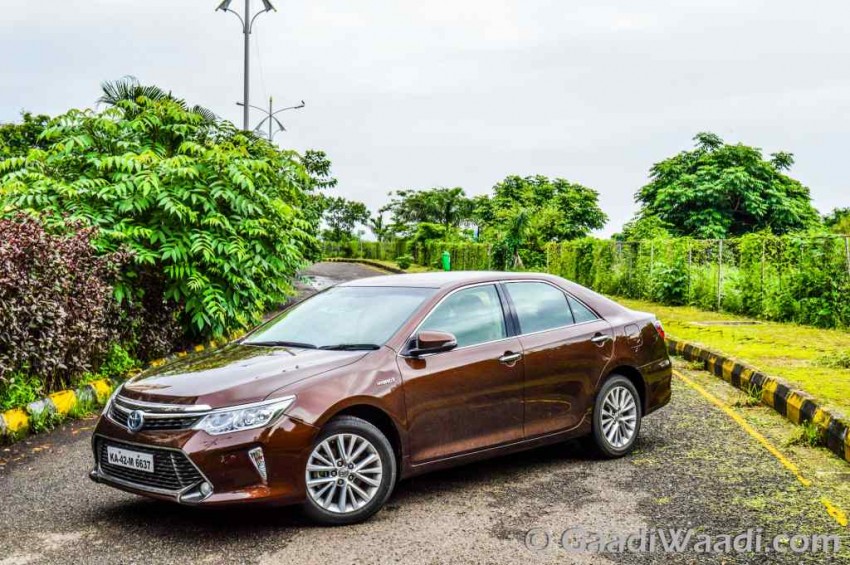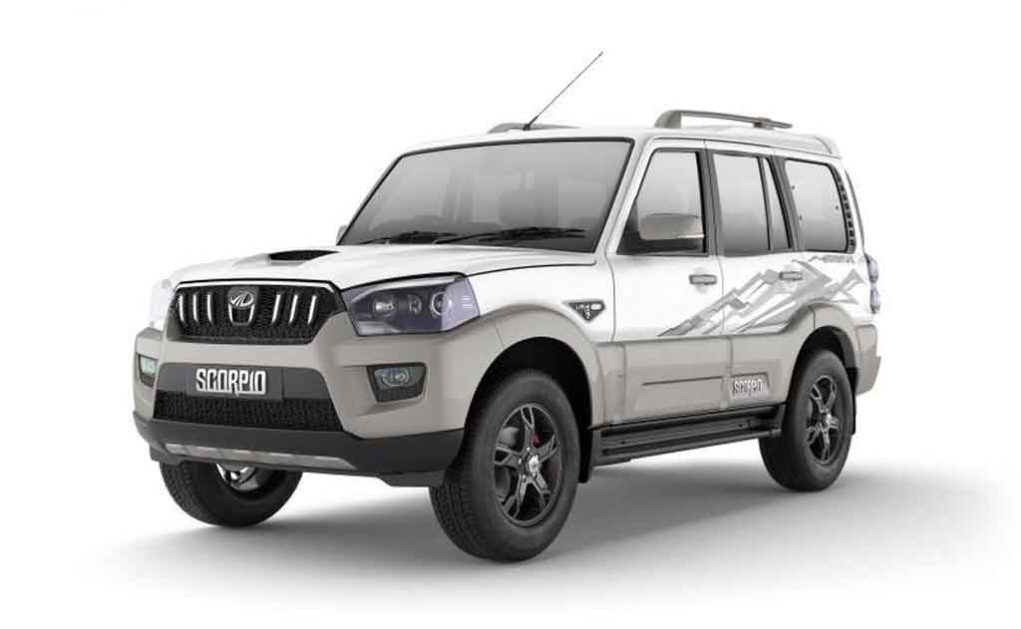
Hybrid cars attract 15% cess over and above 28% GST leading total tax incidence to 43%; sales dropped significantly
Hybrid cars sales in India have been severely affected by the high rate of tax under new tax structure. These vehicles attract 15% of cess over and above 28% GST leading the total tax incidence to 43% and due to such high rate of tax, sales of the hybrid vehicles have dropped significantly in July-September period this year compared to the same period last year.
Maruti Suzuki Ciaz’s hybrid variant contributed to 32% of the total sales of the sedan in July-September period of 2017, compared to 70% in same period last year. Maruti Ertiga SHVS’ sales too dropped by 20% due to GST. In the September quarter Toyota Camry hybrid sold only 87 units, compared to 323 units in same period last year, marking 73% decline.
Also read: Toyota Stops Camry Hybrid Production Due To GST Price Hike
Indian government has been advocating for the implementation of zero emission pure electric mobility across the country by 2030. While several automakers that sell hybrid vehicles in India have urged the government to use the hybrid powertrain to bridge the gap between conventional internal combustion engines and future pure electric powertrains, the government didn’t pay heed to that. Hence, the electric vehicles only draw 12% GST on the sharp contradiction to hybrid models.
In India, several automakers sell hybrid and plug-in hybrid models. These brands include Maruti Suzuki, Mahindra, Toyota and Honda. On the other hand, only Mahindra sells pure EVs here. Due to the GST impact, several automakers have cleared they won’t launch new hybrid models in the country. This could be a blow to the greener mobility, considering the fact that hybrid vehicles come cheaper than electric models.
Also read: Upcoming Electric Cars in India in Coming Years
While hybrid vehicles reduce the emission of CO2 by saving precious fuel, they also save money. On the other hand, the biggest hindrance before pure electric mobility in this country is the lack of infrastructure. However, the government is emphasising on pure electric mobility instead of bridging the gap between conventional powertrains and fully electric powertrains.


